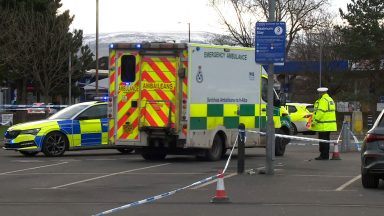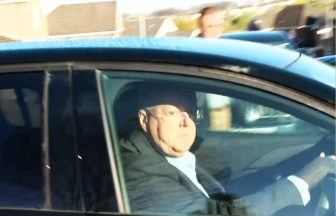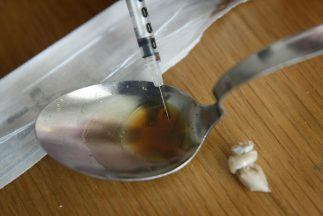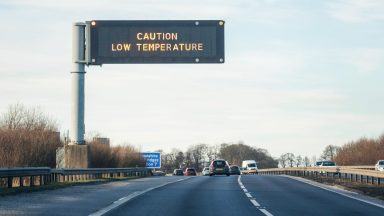Teachers in Scotland will walk out before the end of November after overwhelmingly backing strikes over a “wholly inadequate” pay offer.
Members of the Educational Institute of Scotland (EIS) will call teachers out on November 24 after 96% voted in favour of industrial action.
It comes after educators rejected a 5% wage rise despite inflation hitting a 40-year high of 12.6% and marks the first time since 1985 they have undertaken strike action over pay.
Union bosses said the decision “had not been taken lightly” and urged the Scottish Government and Convention of Scottish Local Authorities (COSLA) to return to the negotiating table.
Deputy first minister John Swinney previously said there was “nowhere left to go” for public sector pay deals, but the union’s general secretary said the result, from a 71% turnout, “sent a clear message” that Holyrood and council bosses “must do better” on teacher’s pay.
Andrea Bradley added members had “enough of feeling the financial strain of the cost of living”.
She said: “The last pay offer, a sub-inflation 5%, was rejected by Scotland’s teachers almost three months ago. Since then, there has been no new offer made, despite a strong desire on the part of teachers for a fair deal to be struck.
“We hoped not to get to this point, and have given local authorities and the Scottish Government ample time to come up with a fair pay offer. But, with a pay-rise for teachers now more than seven months late, the blame for this move to strike action sits squarely with COSLA and the Scottish Government.
“Teachers do not take strike action lightly, but have voted to do so in light of the continuing steep real-terms decline in their pay. Politicians who have lauded the invaluable work of teachers throughout the pandemic and during the ongoing period of recovery are now offering teachers a deep real-terms pay cut.”
The last national teachers strike on pay took place on February 26, 1985.
On that day an estimated 2,000 schools were forced to close and pupils were affected at a further 20,000.
Opponents said the blame for the strikes “rested solely with the Scottish Government”.
However, education secretary Shirley-Anne Somerville said strikes “were not in the interest of pupils, parents and carers,” adding the government remained committed to a “fair deal”.
“We recognise the vital importance of reaching a fair and affordable resolution on pay, both for the workforce during a cost-of-living crisis, and for the pupils and parents who rely on the vital services our teaching workforce deliver,” she said.
“We are absolutely committed to working together to support a fair pay offer for teachers through the Scottish Negotiating Committee for Teachers and to avoiding unnecessary strike action and the disruption that would cause.
“Strikes in our schools are in no-one’s interest – least of all for pupils, parents and carers who have already faced significant disruption over the past three years.”
Follow STV News on WhatsApp
Scan the QR code on your mobile device for all the latest news from around the country


 iStock
iStock

























